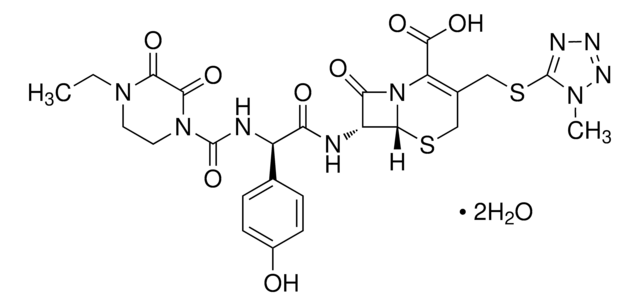08482
X + V Factor Disks
suitable for microbiology
Synonym(s):
Differentiation Disks X + V Factors
About This Item
Recommended Products
shelf life
limited shelf life, expiry date on the label
technique(s)
microbe id | growth & motility: suitable
application(s)
clinical testing
food and beverages
microbiology
storage temp.
2-8°C
suitability
Haemophilus spp. (species)
Haemophilus spp.
General description
Packaging
Storage Class Code
11 - Combustible Solids
WGK
WGK 3
Flash Point(F)
Not applicable
Flash Point(C)
Not applicable
Personal Protective Equipment
Choose from one of the most recent versions:
Already Own This Product?
Find documentation for the products that you have recently purchased in the Document Library.
Articles
For microbiologists the most fundamental stain was developed in 1884 by the Danish bacteriologist Hans Christian Gram.
For microbiologists the most fundamental stain was developed in 1884 by the Danish bacteriologist Hans Christian Gram.
For microbiologists the most fundamental stain was developed in 1884 by the Danish bacteriologist Hans Christian Gram.
For microbiologists the most fundamental stain was developed in 1884 by the Danish bacteriologist Hans Christian Gram.
Our team of scientists has experience in all areas of research including Life Science, Material Science, Chemical Synthesis, Chromatography, Analytical and many others.
Contact Technical Service

